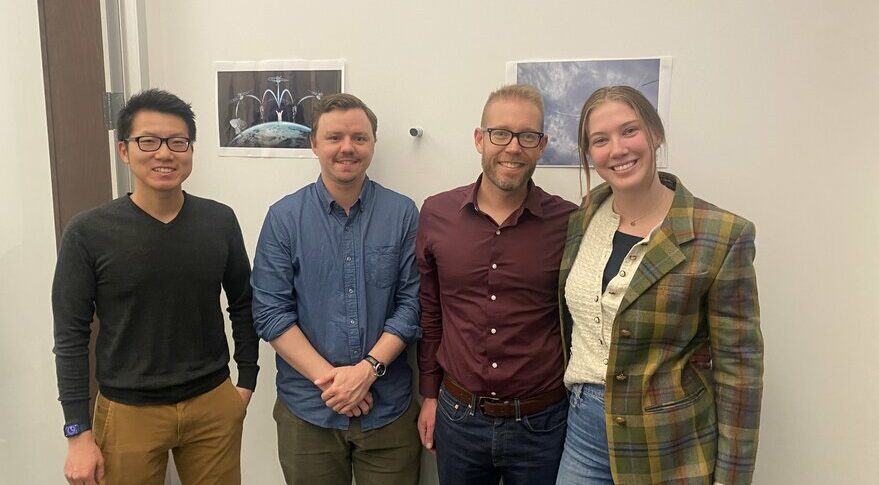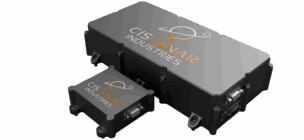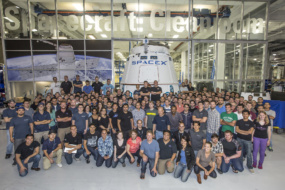Magnestar, a new startup based in Toronto, has raised a $1.1M pre-seed round to kickstart the development of a platform to help satellite operators predict and avoid potential radiofrequency (RF) interference. 1862 Capital, the Business Development Bank of Canada, BoxOne Ventures, and Entrepreneur First participated in the round.
With its platform, Magnestar hopes to give operators the tools they need to maintain consistent and reliable service from orbit.
“If we are unable to have reliable space services, it actually puts our entire sector in jeopardy,” Jacqueline Good, founder and CEO of Magnestar, told Payload. “I think that a lot of satellite operators are talking about connecting the unconnected, and making sure that the whole world has…reliable service and Internet—and yet if we’re unable to have resilient signals between Earth and space, none of that works.”
Crossed wires: Right now, when their signals face interference, operators are left in the lurch. In fact, they often have no idea that it’s happening until customer complaints roll in. Even then, they’re left ill-equipped to figure out the source of interference or how to avoid it in the future.
Magnestar’s solution: “We’re building this up to be a clearing house to clear all the communication pathways between Earth and space, as well as a marketplace to be able to, in the future, work through sharing spectrum as well,” Good said.
In practice, that means mapping out and monitoring the communications pathways between Earth and space to determine when interference is likely to occur, as well as hosting a messaging service for operators to communicate with each other to deconflict. Through this data-driven approach, Magnestar hopes to identify patterns of interference for operators to maintain their uptime as consistently as possible.
“A lot of the solutions that are out there are much more focused on large pieces of hardware at the ground station, but we’re doing it all using digital infrastructure…so it’s much more cost efficient,” Good said.
Coming up…With this funding round, Magnestar is aiming to complete its enterprise-grade RF interference platform and begin onboarding customers.
The startup is also looking forward to the next step in its business: a small component hardware piece that can be added to satellites to assess where RF interference is coming from in space. Magnestar has partnered with the University of Regina in Saskatchewan, Canada, to build that component, which would contribute to the startup’s data platform once deployed.




